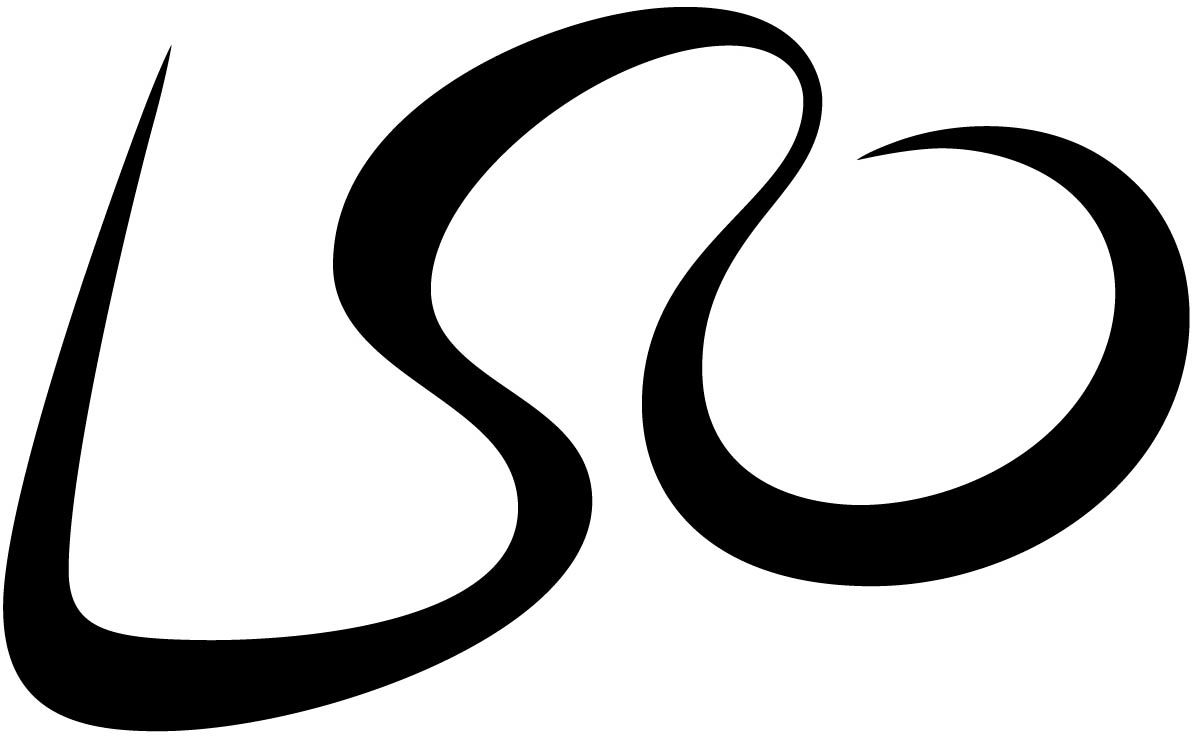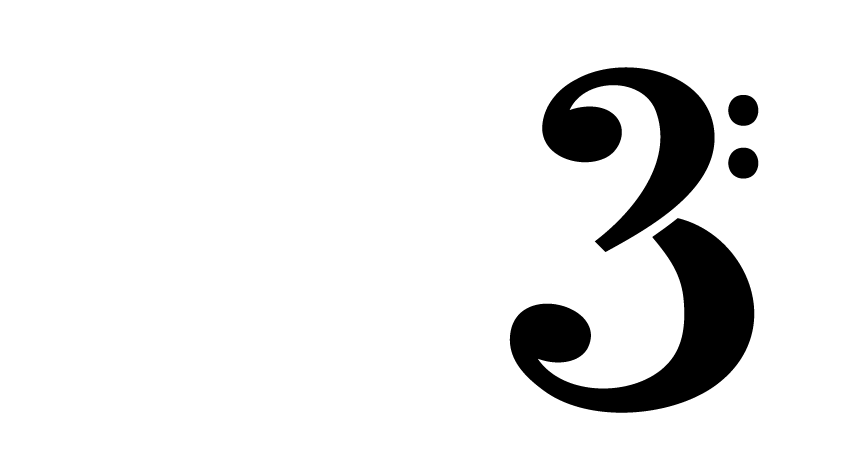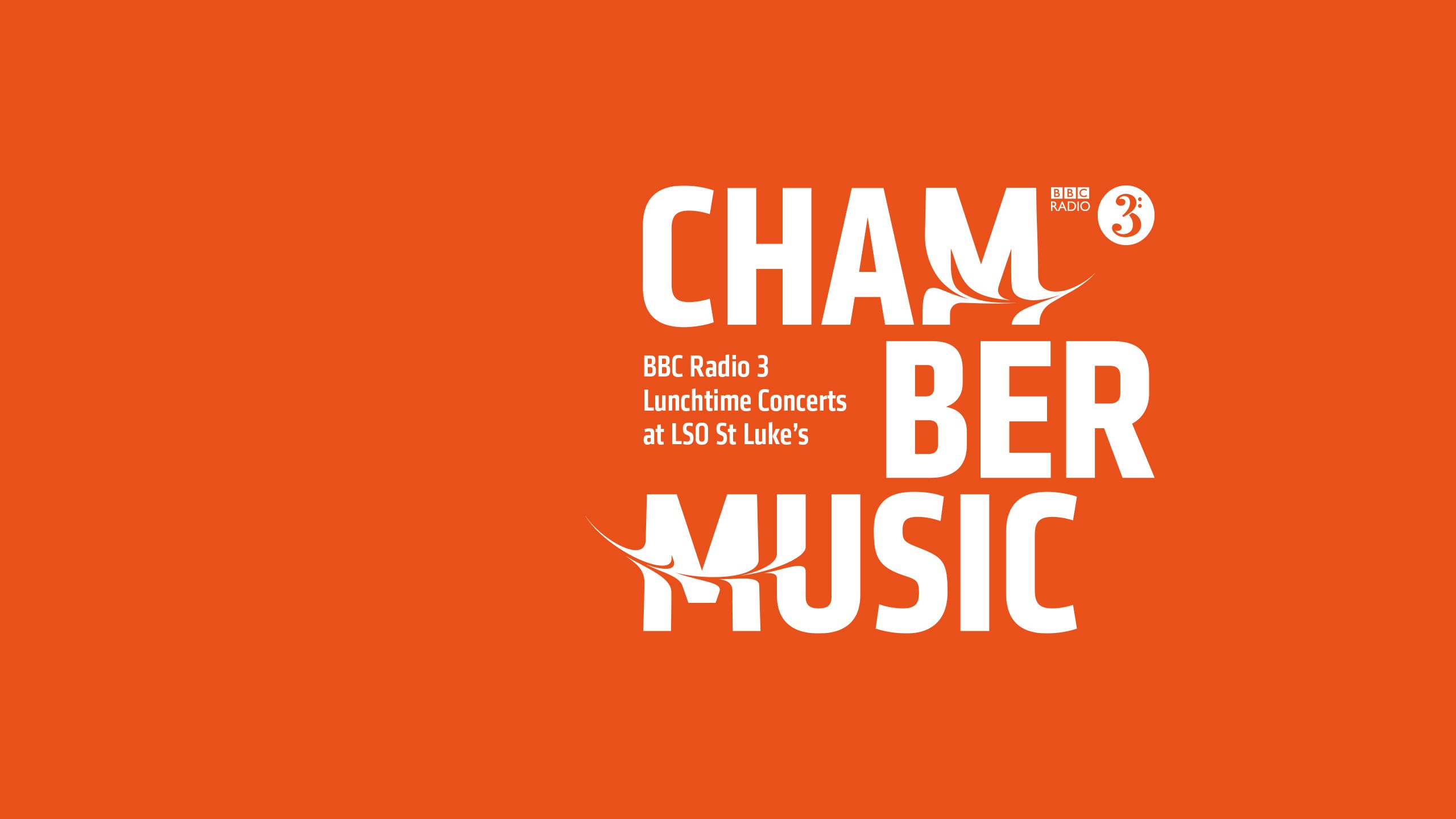
You can use your phone to view these notes during the concert. Use the menu icon in the top right of the screen to navigate.

Free WiFi
There is free WiFi available in the Jerwood Hall. Connect to the 'hawksmoor' network.
Please Note
Phones should be switched to silent mode. We ask that you use your phone only for reading the notes during the music. Photography and audio/video recording are not permitted during the performance.
Friday 4 June 2021
BBC Radio 3 Lunchtime Concert:
Illyria Consort
Nicola Matteis Sonata; Diverse bizzarie Sopra la Vecchia Sarabanda ò pur Ciaccona
Gottfried Finger Sonata for violin and viola da gamba in D minor Op 1
William Croft Suite for harpsichord No 3 in C minor – Ground
Johann Christoph Pepusch Sonata in E major
Francesco Geminiani Sonata No 2 in D minor Op 1
Giovanni Stefano Carbonelli Sonata No 6
Illyria Consort
Bojan Čičić violin
Susanne Heinrich viola da gamba
David Miller theorbo
Steven Devine harpsichord
Recorded for broadcast by BBC Radio 3.
Support the LSO and LSO St Luke's
The importance of music and the arts has never been more apparent than in recent months, as we’ve been inspired, comforted and entertained throughout this unprecedented period.
As we emerge from the most challenging period of a generation, please consider supporting our Always Playing Appeal to sustain the Orchestra and our venue LSO St Luke's, assist our recovery from the pandemic and allow us to continue sharing music with the broadest range of people possible.
Every donation will help to support our future.
You can also donate now via text.
Text LSOAPPEAL 5, LSOAPPEAL 10 or LSOAPPEAL 20 to 70085 to donate £5, £10 or £20.
Texts cost £5, £10 or £20 plus one standard rate message and you’ll be opting in to hear more about our work and fundraising via telephone and SMS. If you’d like to give but do not wish to receive marketing communications, text LSOAPPEALNOINFO 5, 10 or 20 to 70085. UK numbers only.
Nicola Matteis
Sonata;
Diverse bizzarie Sopra la Vecchia Sarabanda ò pur Ciaccona
✒️ 1676 to 1685 | ⏰ 2 minutes; 4 minutes

Nicola Matteis
c 1650 (Italy) – c 1713 (England)
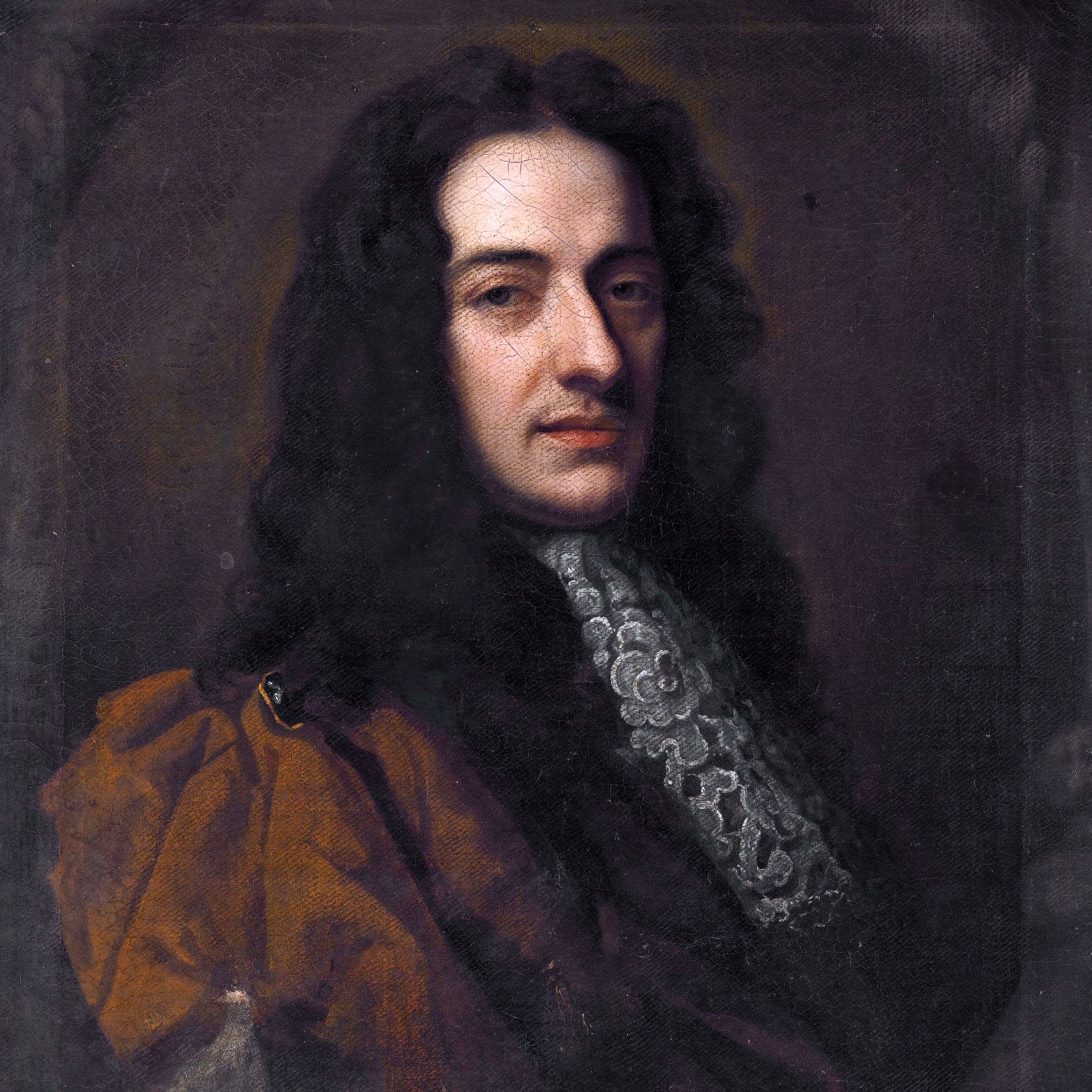
London in the late 17th and early 18th centuries was a bustling, cosmopolitan city – a major world centre both of commerce and culture. Of the six London-based composers featured in today’s programme, only one was English-born. The others were European immigrants who played an influential role in introducing Italianate instrumental styles and genres to a city where the musical taste of Charles II's court was predominantly French.
One of the first Italian violin virtuosi to arrive in London, in the early 1670s, was the Neapolitan Nicola Matteis. The diarist John Evelyn recorded in 1674: 'I heard that stupendous violin Signor Nichola … whom certainly never mortal man exceeded on that instrument … he seemed to be inspired and played such ravishing things on a ground as astonished us all.' The biographer and amateur musician Roger North later wrote: 'I know of no master fit to be named with Corelli but him; all his compositions are full of the most artful harmony, and his fire exquisite'.
Between 1676 and 1685 Matteis published four collections of Ayrs for the violin consisting of Italianate suite and sonata movements. The first book contains one of his best-known pieces, Diverse bizzarie Sopra la Vecchia Sarabanda ò pur Ciaccona, ('Varied caprices over the old Saraband in the style of a Chaconne') – a series of increasingly elaborate variations over a simple four-bar ground bass in sarabande rhythm, which is repeated 47 times. Meanwhile, the eloquent adagio Sonata movement in C major that opens this programme comes from the fourth book.
Unfortunately Matteis' high-handed arrogance did not go down well at court, where he had hoped for a job, and he was obliged to make a living playing consort music with English gentlemen amateurs. Having lost a fortune and ruined his health through a debauched lifestyle, he is believed to have died 'poor and miserable' in the 1690s. Nevertheless, he bequeathed to the English nation 'a general favour for the Italian manner of harmony, and after him the French was wholly laid aside, and nothing in town had a relish without a spice of Italy'.
Note by Wendy Thompson
Gottfried Finger
Sonata for violin and viola da gamba in D minor Op 1
✒️ 1688 | ⏰ 5 minutes

Gottfried Finger
c 1655 (Moravia, now Czech Republic) – 1730 (Germany)
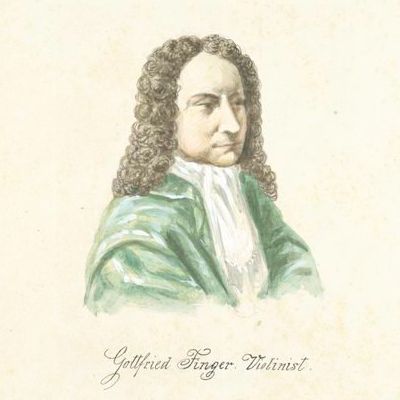
Next comes a Sonata by the Moravian bass viol virtuoso Gottfried Finger, who arrived in London in the spring of 1687 and was taken on as a player in the royal chapel of James II. After James’ exile he pursued a freelance career as a player and composer of instrumental and theatre music. In 1688 he published as his Opus 1 a set of 12 'Sonatas for diverse instruments', the first three of which are scored for violin, bass viol and continuo. This is No 1 in D minor.
In 1701 Finger left England in a huff, having only come fourth in a competition to set William Congreve’s The Judgement of Paris as an opera. He has been identified as the 'Italian Mr' who collaborated shortly before his departure on a publication of six flute or violin sonatas with the English composer William Croft.
Note by Wendy Thompson
William Croft
Suite for harpsichord No 3 in C minor – Ground
✒️ c 1690s | ⏰ 3 minutes

William Croft
c 30 December 1678 – 14 August 1727 (England)
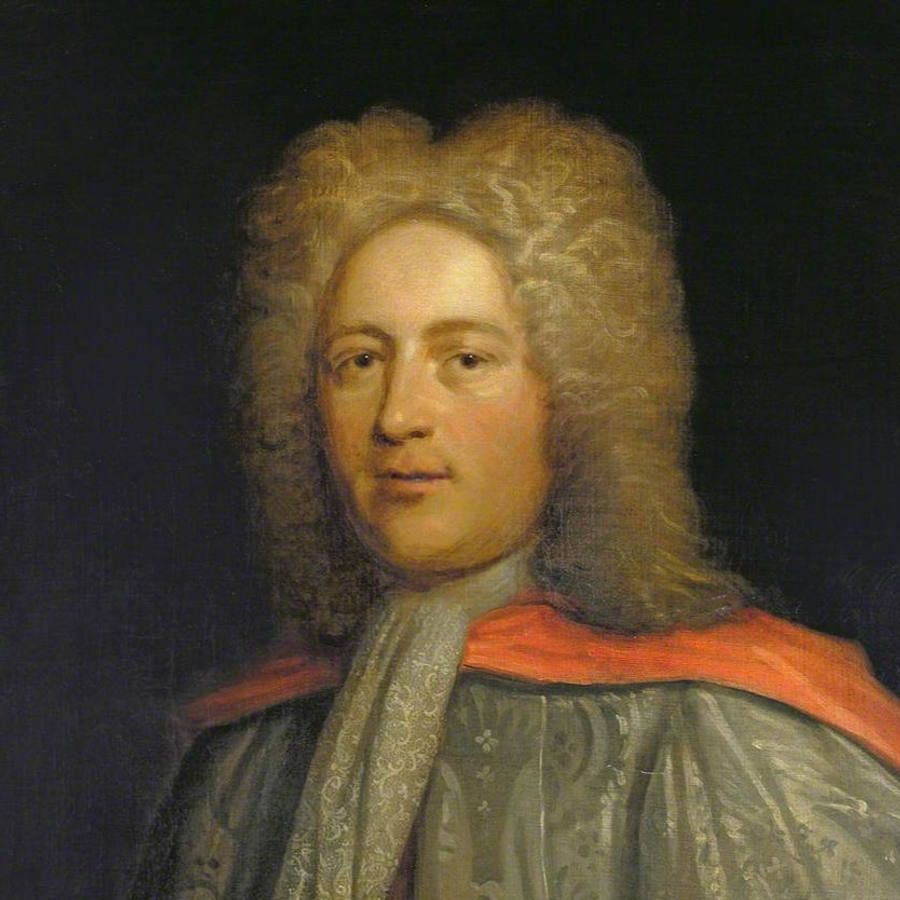
Croft was educated at the Chapel Royal, where he later worked, also becoming organist at Westminster Abbey. He was principally a composer of sacred music: his poignant setting of The Burial Service has since been used at many royal funerals, including the Duke of Edinburgh’s. He composed a small amount of instrumental music: this ground (variations over a ground bass) comes from his Harpsichord Suite No 3 in C minor.
Note by Wendy Thompson
Johann Christoph Pepusch
Sonata in E major
✒️ c 1710 | ⏰ 10 minutes

Johann Christoph Pepusch
1667 (Germany) – 20 July 1752 (England)
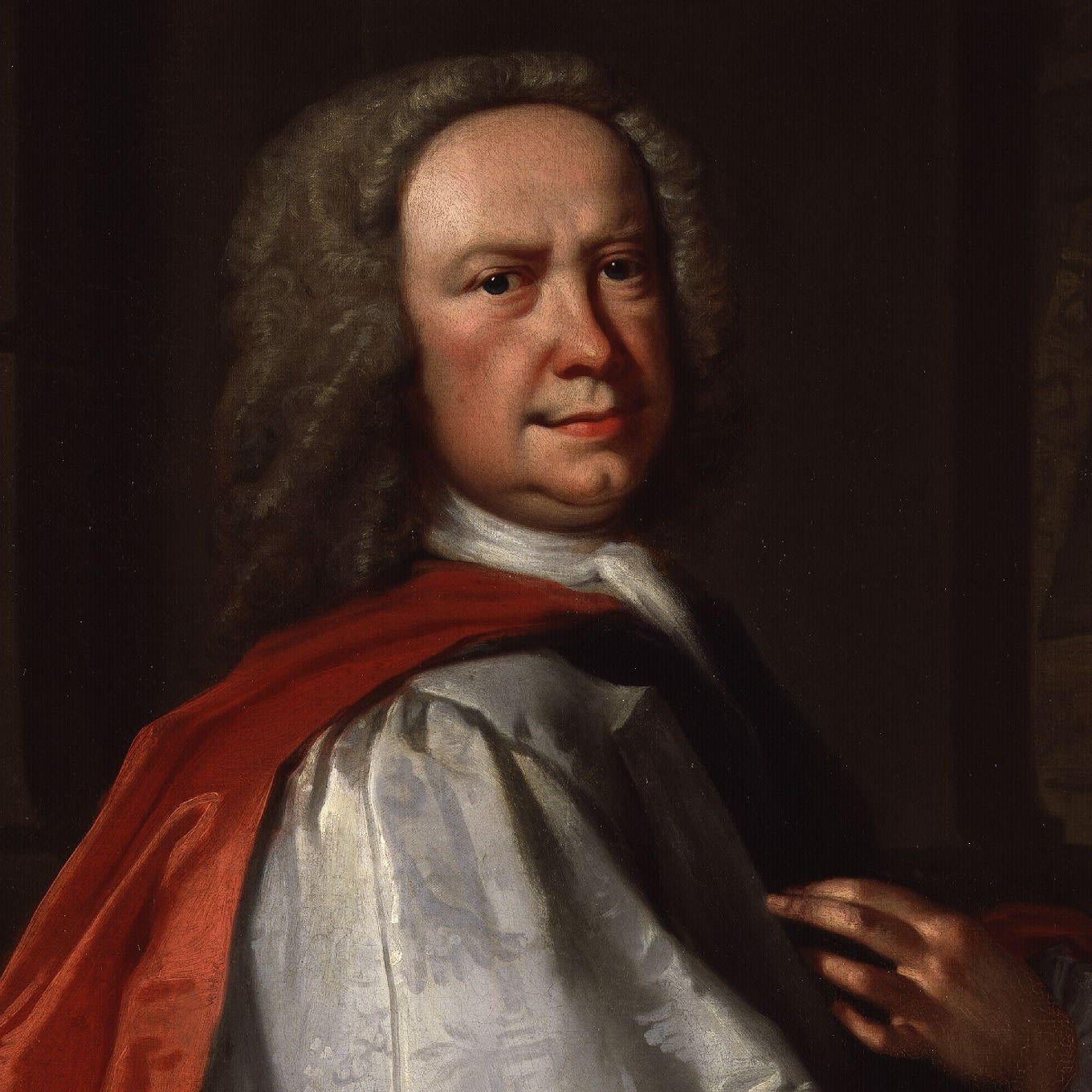
1 Adagio
2 Allegro
3 Adagio
4 Allegro
Johann Christoph Pepusch came to London from his native Berlin when he was 30 and stayed there for the rest of his long life. He began his English career playing in theatre orchestras and in 1716 became musical director at Lincoln’s Inn Fields Theatre. Later he was a founder-member of an opera company, the Academy of Vocal (renamed Ancient) Music, and worked for a time for James Brydges at Cannons, alongside Handel. He is chiefly remembered today for his collaboration on Gay’s The Beggar’s Opera, but he also composed over 100 violin sonatas, modelled on the four-movement slow-fast-slow-fast plan of Corelli’s Sonate da chiesa (church sonatas). This example is in E major, alternating Adagio with Allegro movements.
Note by Wendy Thompson
Francesco Geminiani
Sonata No 2 in D minor Op 1
✒️ 1716 | ⏰ 10 minutes

Francesco Geminiani
December 1687 (Italy) – 17 September 1762 (Ireland)
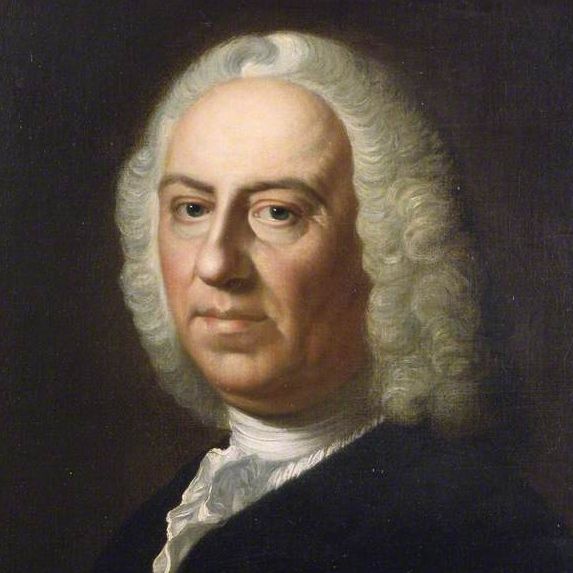
1 Grave
2 Allegro
3 Adagio
4 Allegro
By the early Georgian period, the music of Corelli was all the rage in London. The last two composers in today’s programme had direct links with the great Italian master, both probably having studied with him. Francesco Geminiani was one of the finest violinists of his time. Two years after he arrived in London from Italy in 1714, he published the first of his two books of violin sonatas (24 in total), dedicated to his patron, Baron Adolf Kielmansegg. He is said to have performed the sonatas at court before King George I, accompanied on the keyboard by Handel.
Charles Burney described Geminiani’s sonatas as 'still more masterly and elaborate than those of Corelli', and very few contemporary violinists could play them owing to their use of virtuosic techniques such as double-stopping, complex ornamentation and fast passage-work. The first six of his Opus 1 are in the slow-fast-slow-fast pattern of a sonata da chiesa – No 2 in D minor has two Allegro movements separated by ones marked Grave and Adagio.
Note by Wendy Thompson
Giovanni Stefano Carbonelli
Sonata No 6
✒️ 1729 | ⏰ 15 minutes

Giovanni Stefano Carbonelli
c 1700 (Italy) – c 1773 (England)
1 Adagio-Allegro-Adagio
2 Adagio
3 Aria con variazioni se piace
Around 1719 another young Italian virtuoso appeared in London. Giovanni Stefano Carbonelli became leader of the theatre orchestra at Drury Lane, and went on to pursue a successful dual career as a freelance violinist and wine merchant. His only surviving work, a set of twelve sonate da camera for violin and cello or continuo, was published in 1729 with a dedication to his patron, the Duke of Rutland. Like Geminiani’s sonatas, these inventive pieces were strongly influenced by Corelli’s Op 5, and again, the first six are more in the 'church sonata' than the 'chamber' style. No 6 is something of a hybrid: it begins with a tripartite movement, a central allegro section sandwiched between two adagios; the second movement is another adagio, and the last is an aria with variations, allowing the violinist considerable freedom.
Note by Wendy Thompson
Artist Biographies

Illyria Consort
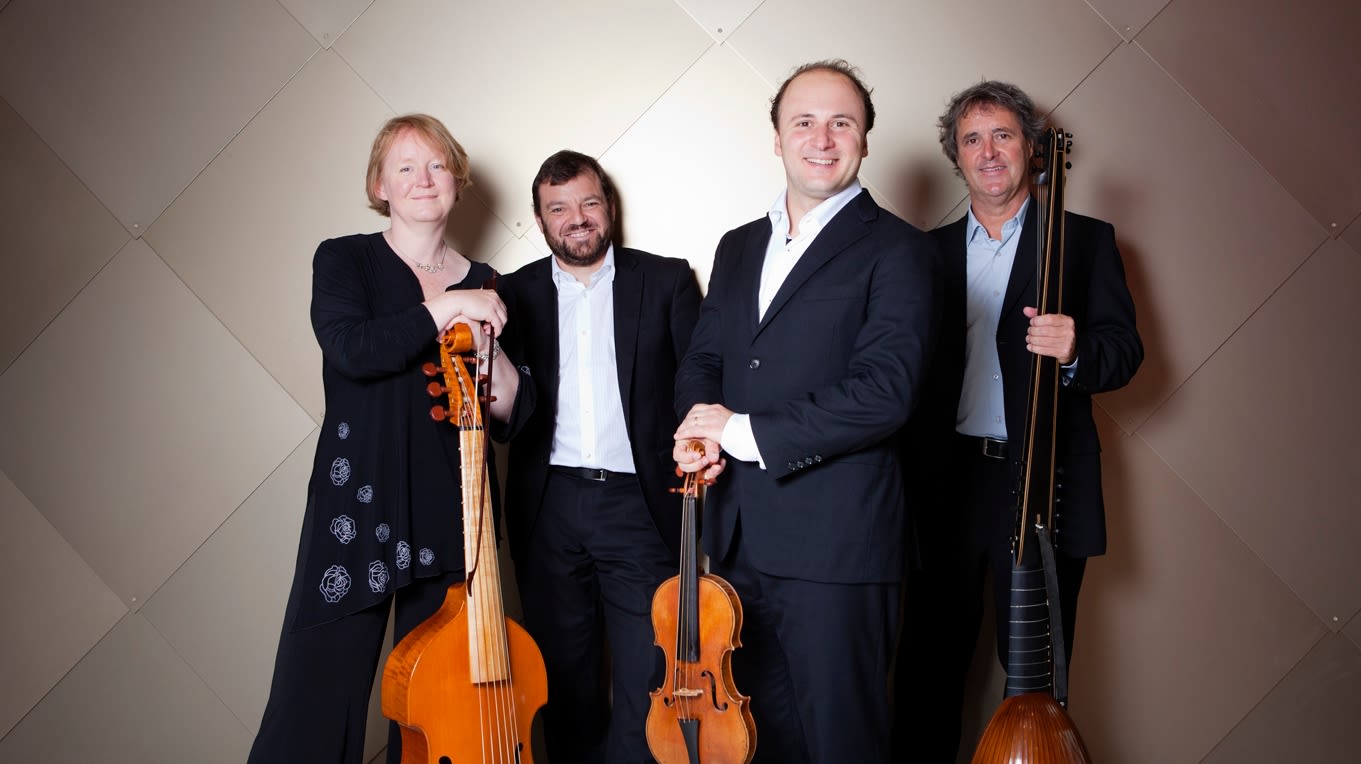
Bojan Čičić violin
Susanne Heinrich viola da gamba
David Miller theorbo
Steven Devine harpsichord
Bojan Čičić founded the Illyria Consort to explore rare repertoire of the 17th and 18th centuries. The group has performed at the Utrecht Early Music Festival, the Korkyra Baroque Festival, Festival Laus Polyphoniae and at the Festival de Sablé. Their debut recording of Giovanni Stefano Carbonelli’s Sonate da camera (Nos 1–6) achieved great critical acclaim and was chosen as one of Presto Classical’s 'Presto Recordings of the Year' for 2017. The Consort's second disc, a world premiere recording of Giovanni Giornovich’s London Violin Concertos, was released in March 2019, followed by the second volume of Carbonelli's Sonate da camera (Nos 7–12). The ensemble's forthcoming recordings include Pyrotechnia, which will feature a Vivaldi violin concerto; The Adriatic Voyage, which will showcase music from 17th-century Croatia with the Marian Consort; and the first complete recording of Johann Jakob Walther’s Scherzi per violino solo.
Thank You for Watching
As we emerge from the most challenging period of a generation, please consider supporting our Always Playing Appeal to sustain our work at LSO St Luke's and allow us to continue sharing our music with the broadest range of people possible.
Every donation will help to support our future.
You can also donate now via text.
Text LSOAPPEAL 5, LSOAPPEAL 10 or LSOAPPEAL 20 to 70085 to donate £5, £10 or £20.
Texts cost £5, £10 or £20 plus one standard rate message and you’ll be opting in to hear more about our work and fundraising via telephone and SMS. If you’d like to give but do not wish to receive marketing communications, text LSOAPPEALNOINFO 5, 10 or 20 to 70085. UK numbers only.

Follow us on Instagram, Facebook and Twitter.
Programme Contributors
Wendy Thompson studied at the Royal College of Music, before taking an MMus in musicology at King’s College, London. In addition to writing about music she is Executive Director of Classical Arts Productions, a major supplier of independent programmes to BBC Radio.
